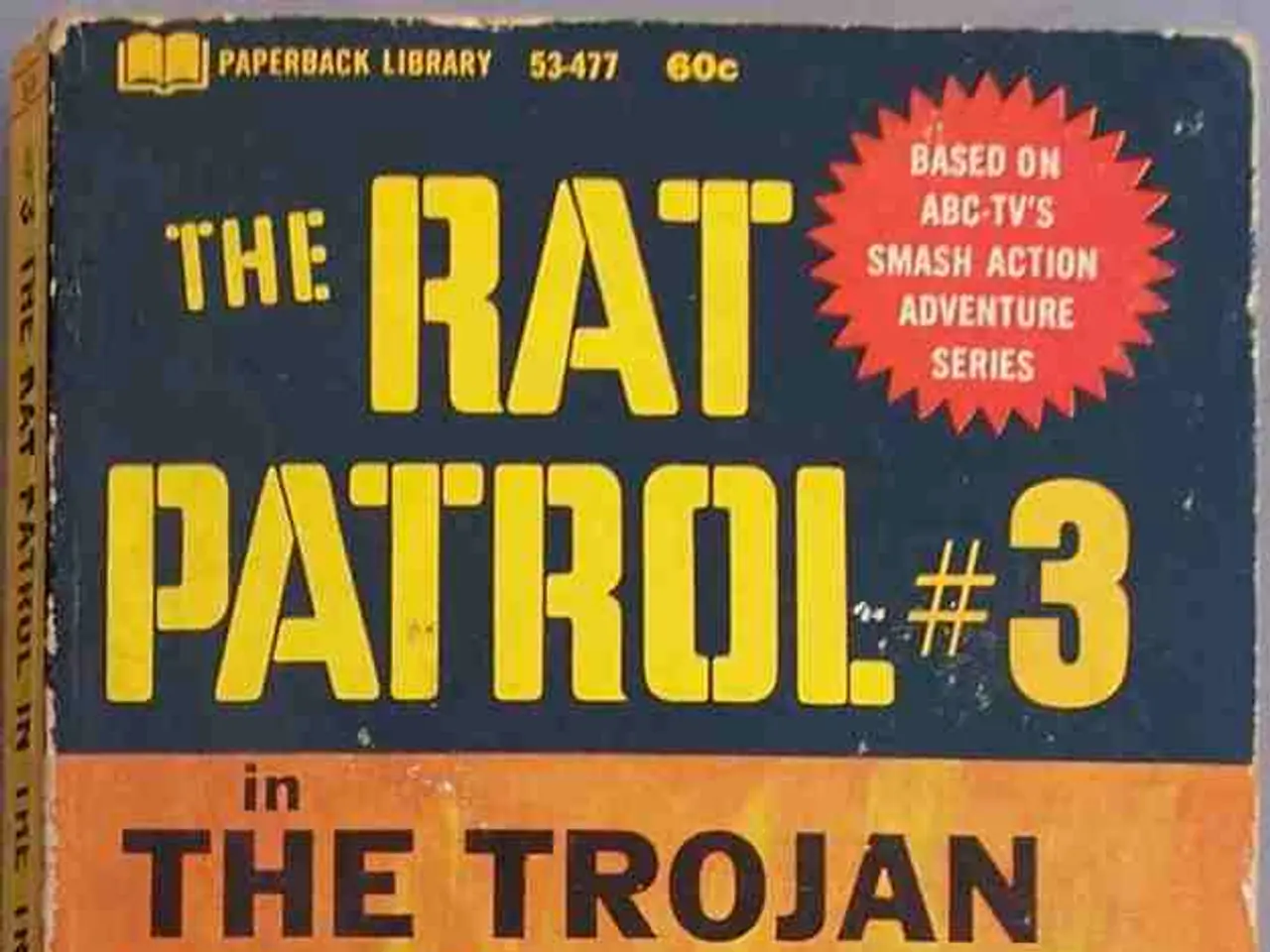Israel's Prime Minister, Netanyahu, suggests broadening the conflict in Gaza, however, ex-Israeli military and intelligence leaders voice their objections to this escalation
In the recent weeks, the conflict between Israel and Gaza has intensified significantly, with the Israeli security cabinet announcing on August 8, 2025, its decision to take direct military control of Gaza City. This deepens Israel’s occupation of Gaza and could lead to a prolonged, possibly indefinite conflict.
The Israeli military has occupied 75% of Gaza territory and intensified attacks targeting Hamas militants embedded within civilian areas. The conflict has resulted in the tragic loss of over 46,000 lives, with Israeli military estimates suggesting around 17,000 of these were Hamas fighters. The remaining casualties are primarily civilians, adding to the already dire humanitarian crisis in the region.
Humanitarian conditions in Gaza are catastrophic, with no functioning hospitals, severe shortages of food, water, and medical supplies, and widespread displacement. Approximately 1.9 million Gazans (90% of the population) are displaced and facing acute food insecurity as of early 2025.
Aid efforts are hampered by ongoing violence and restrictions imposed by Israel. Aid groups have expressed concern that Israel's week-old measures to allow more aid in are far from sufficient. The U.N. and aid groups have called such airstrikes costly and dangerous for residents, delivering far less aid than trucks.
International reactions remain sharply divided. Western allies of Israel, including the United States and many European countries, have condemned Hamas’s initial attacks that began in October 2023 and support Israel’s right to defend itself. However, many countries in the Muslim world and others blame Israel’s occupation policies as underlying the violence and call for Palestinian rights and an end to occupation. The United Nations has condemned the recent Israeli plan to take military control of Gaza as a dangerous escalation with catastrophic humanitarian consequences.
In Gaza, families of hostages fear starvation and blame Hamas for the situation. Mohammed Qassas from Khan Younis stated that he is forced to storm aid trucks due to his children’s hunger, as aid rarely reaches warehouses because of hungry crowds. Ekram Nasr said her son was shot dead while seeking aid near the Morag corridor. Six people were killed in Teina, near a road leading to a site run by the Israeli-backed Gaza Humanitarian Foundation.
The Israeli defense body COGAT announced a "gradual and controlled renewal of the entry of goods through the private sector in Gaza." However, this has not alleviated the severe shortages faced by the population. It has become routine to see men returning from aid-seeking carrying bodies as well as sacks of flour.
Israeli Prime Minister Benjamin Netanyahu has hinted at wider military action in Gaza. The conflict has led to disagreements between Netanyahu and the army chief, Lt. Gen. Eyal Zamir, on how to proceed. Former leaders of Israel's Shin Bet internal security service, Mossad spy agency, and the military, along with ex-Prime Minister Ehud Barak, have called for an end to the conflict.
This situation remains highly fluid and tense, with potential for further escalation and international diplomatic efforts underway to mediate the crisis. The U.N. and aid groups continue to call for urgent action to alleviate the humanitarian crisis in Gaza and protect civilians.
References:
- The New York Times
- The Guardian
- United Nations Office for the Coordination of Humanitarian Affairs
- Al Jazeera
- Reuters
- The United Nations, as well as multiple aid groups, have criticized the current Israeli military control in Gaza, predicting catastrophic humanitarian consequences due to the ongoing violent conflict.
- Meanwhile, in Seattle, local politics and general news discussions have focused on the international response to the crisis in Gaza, with some voices advocating for governments to increase humanitarian aid and put pressure on Israel for potential war-and-conflicts resolution.





